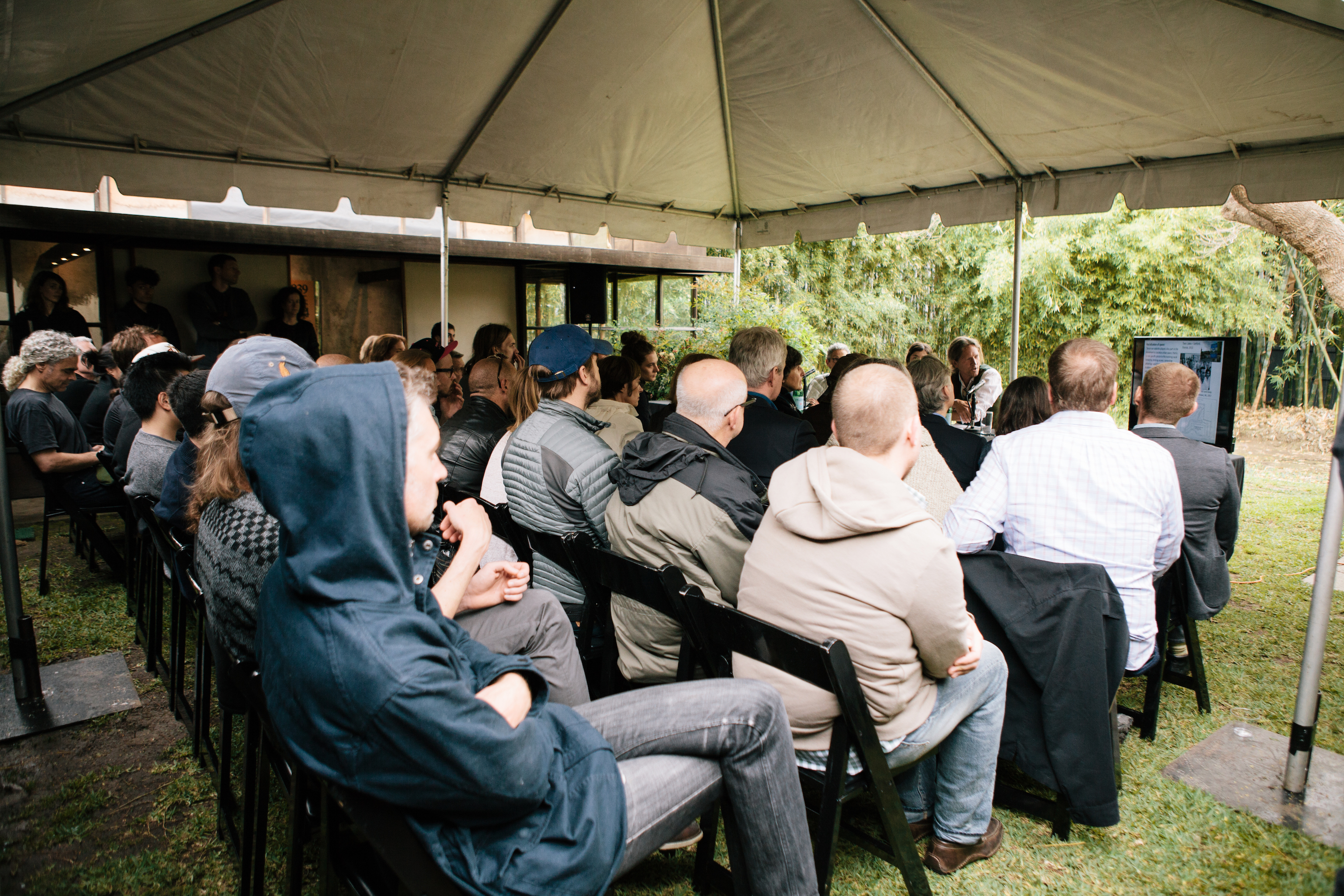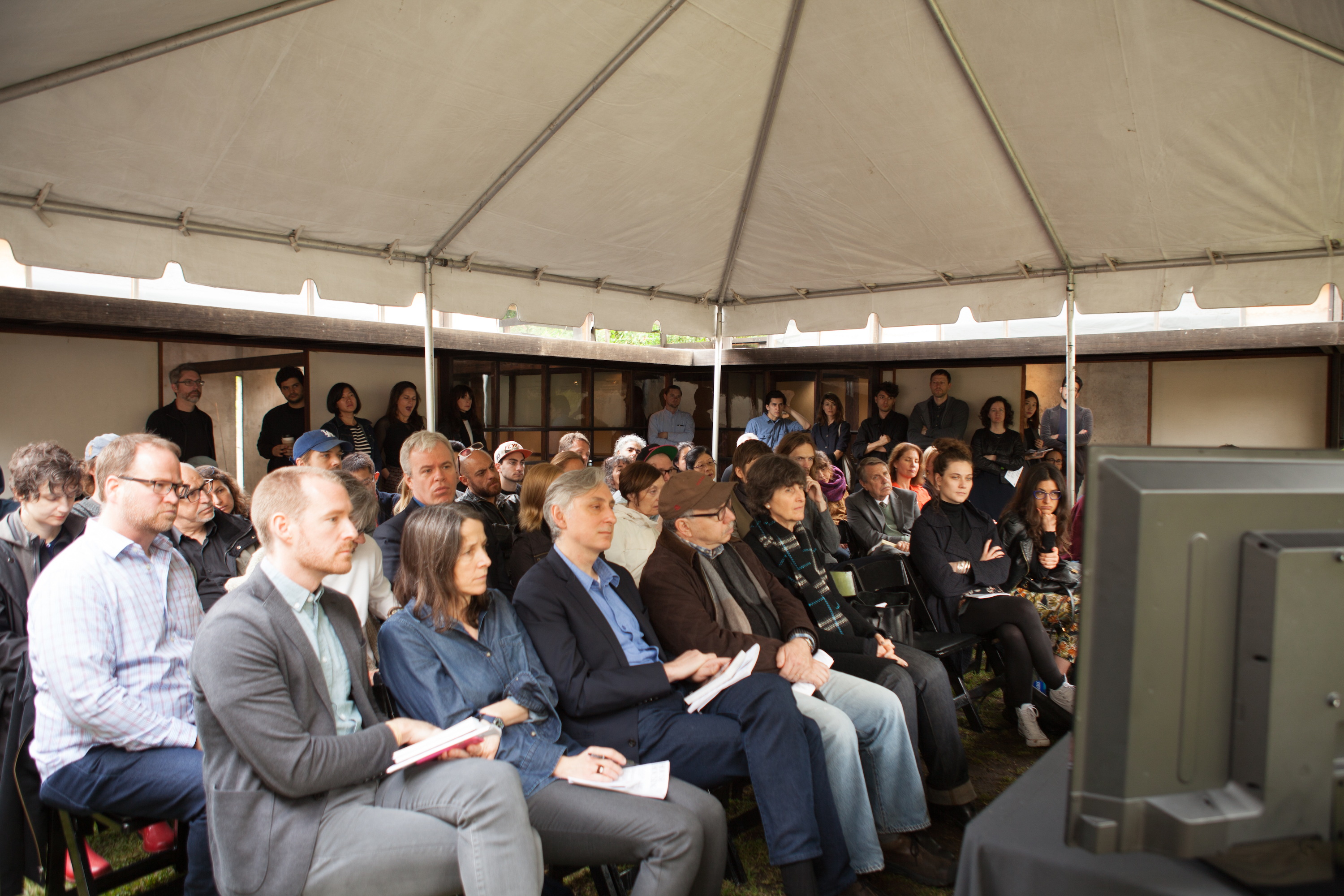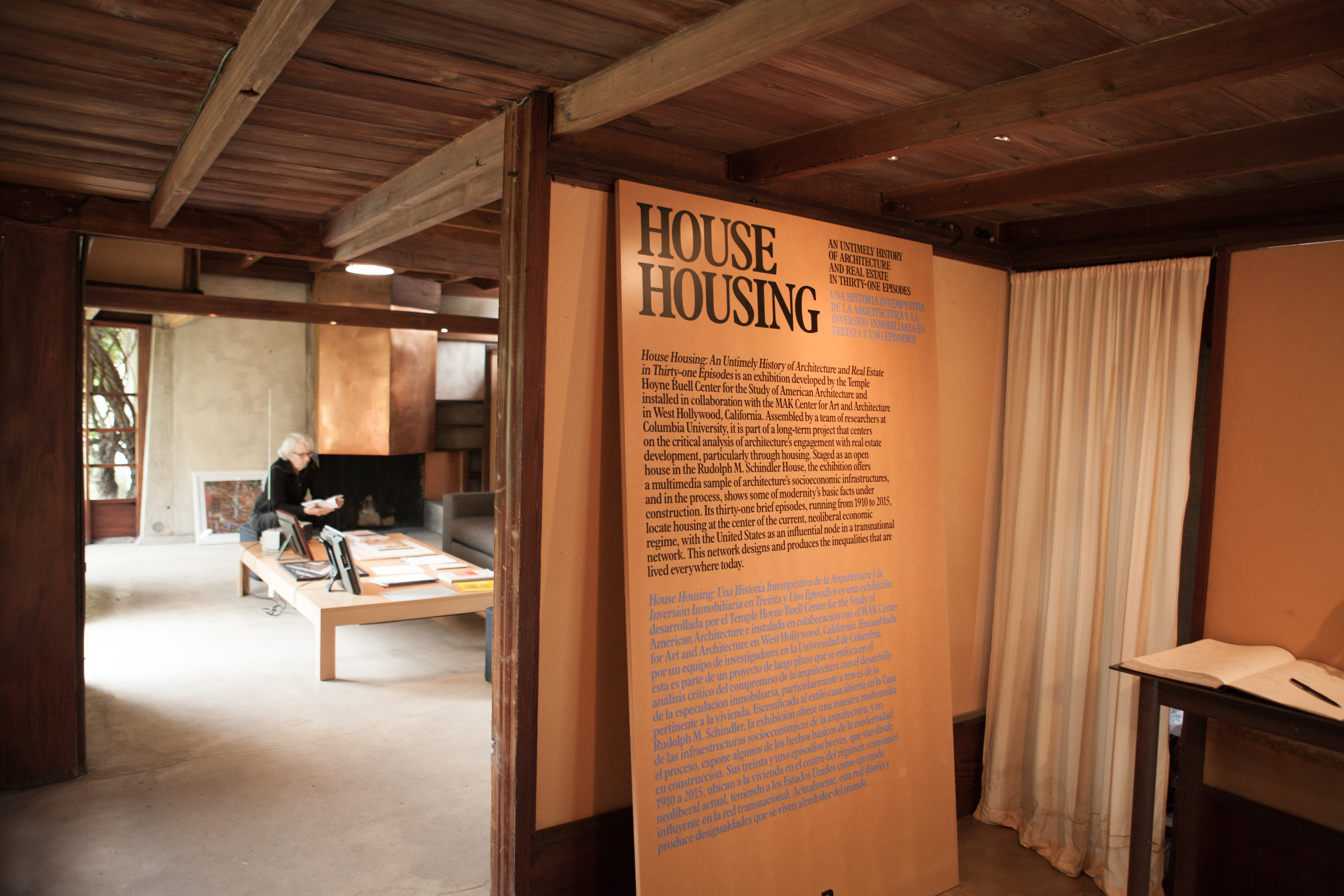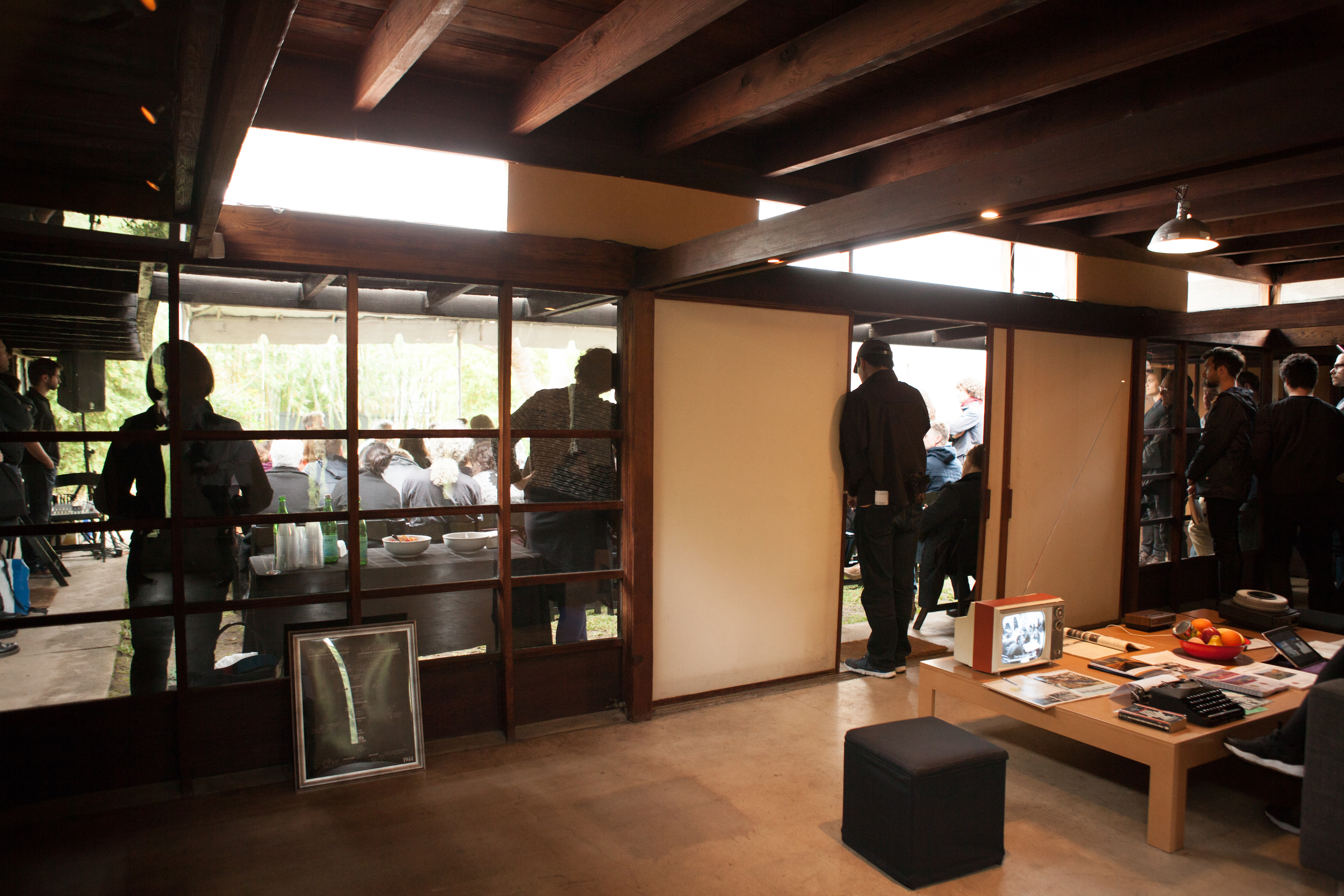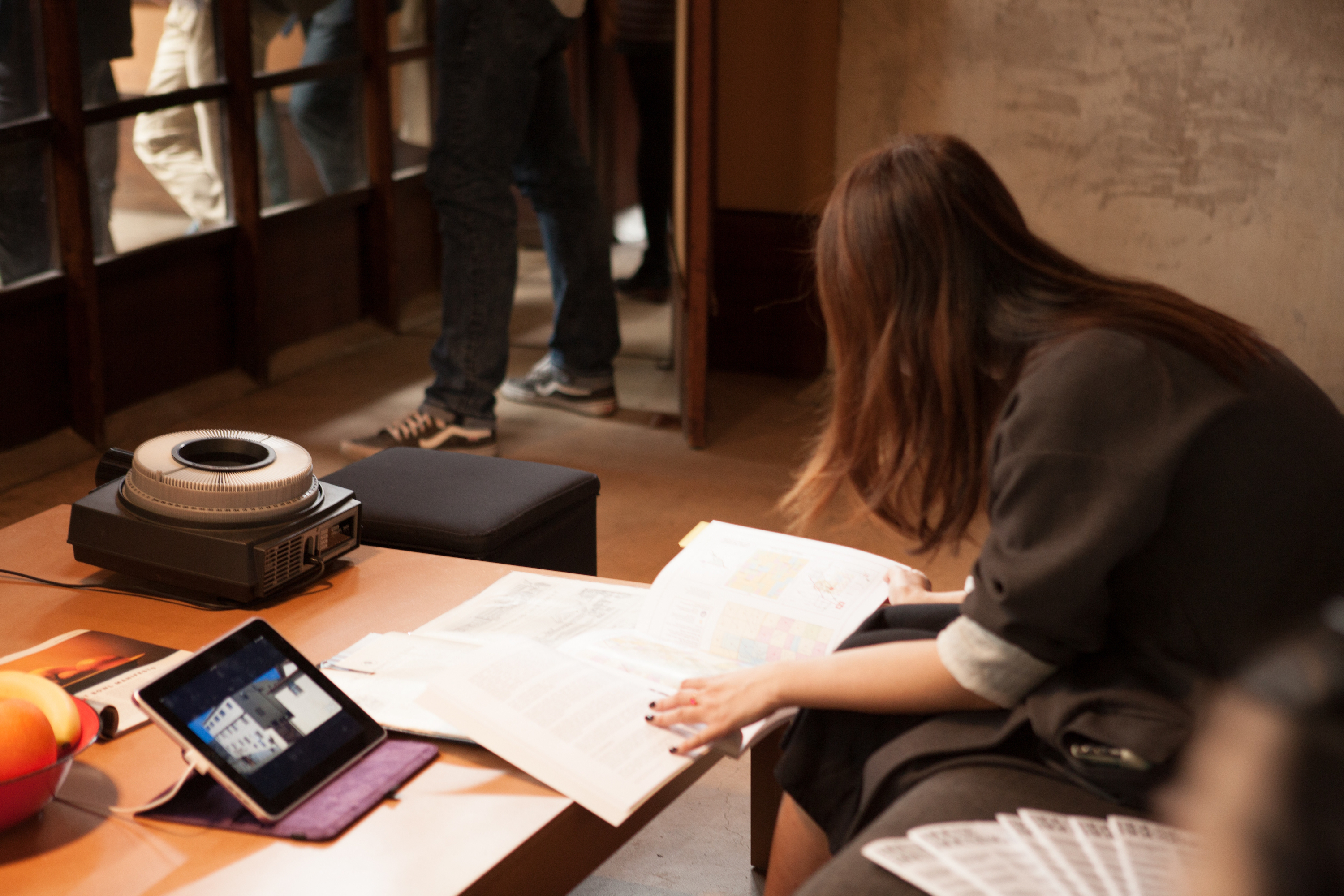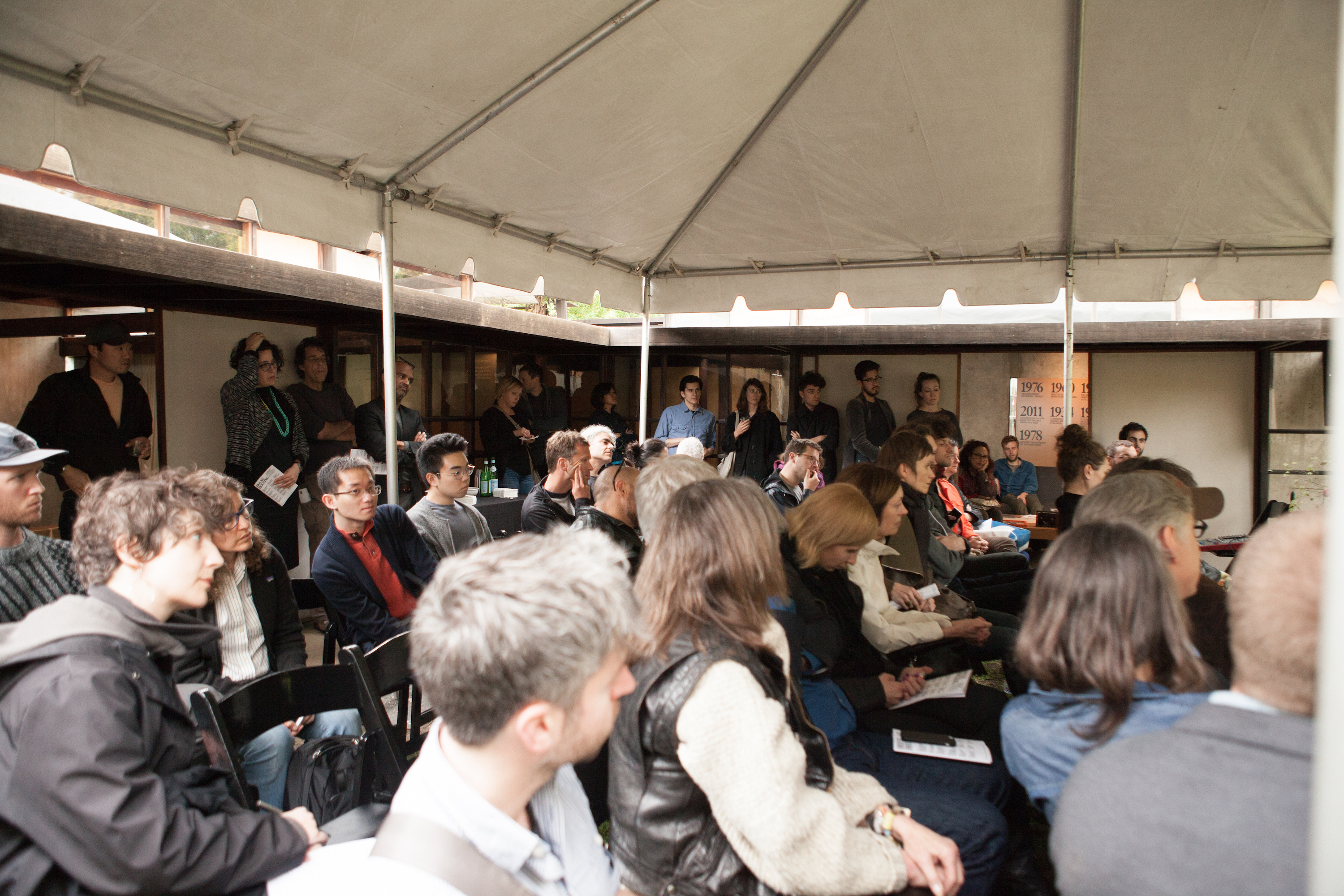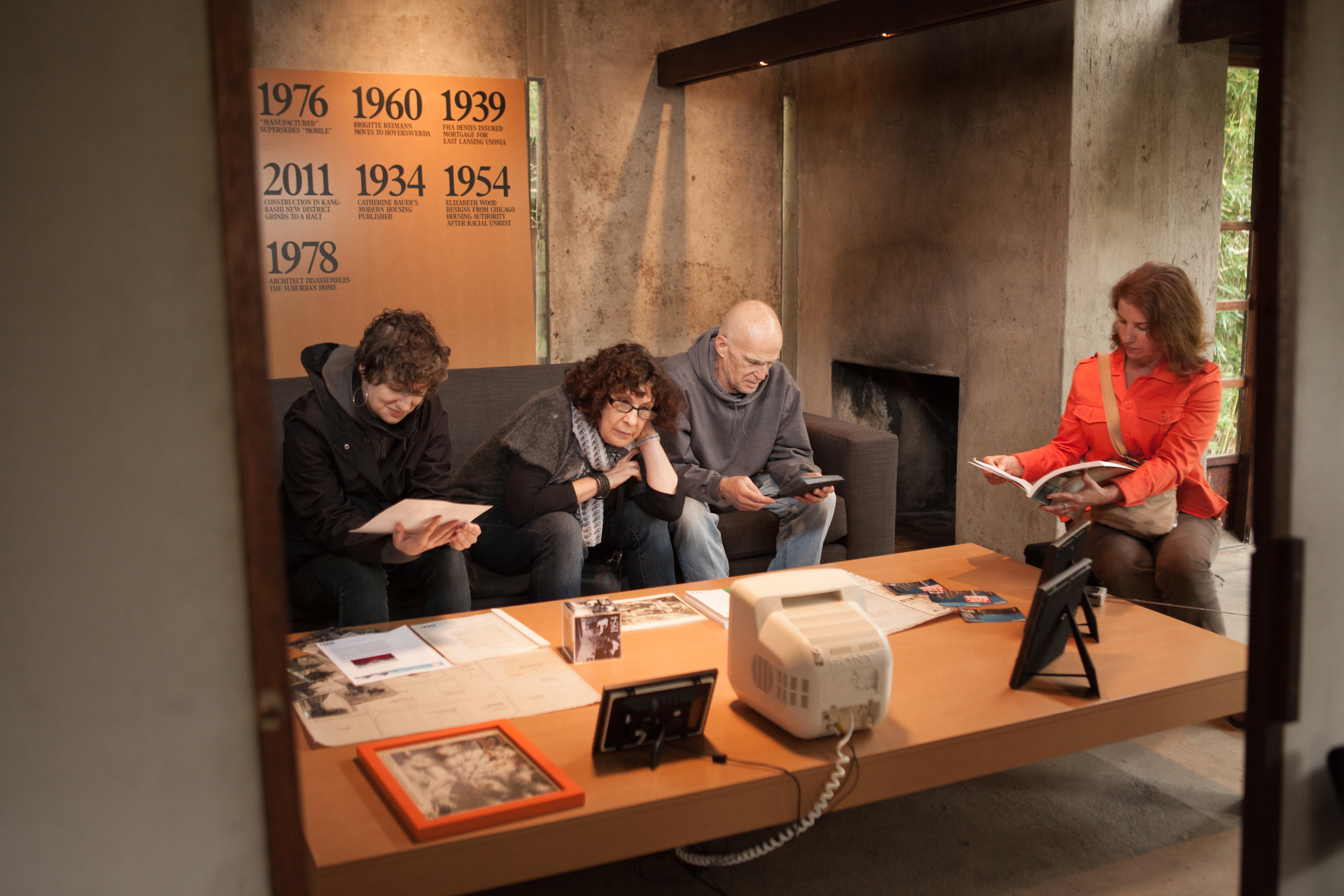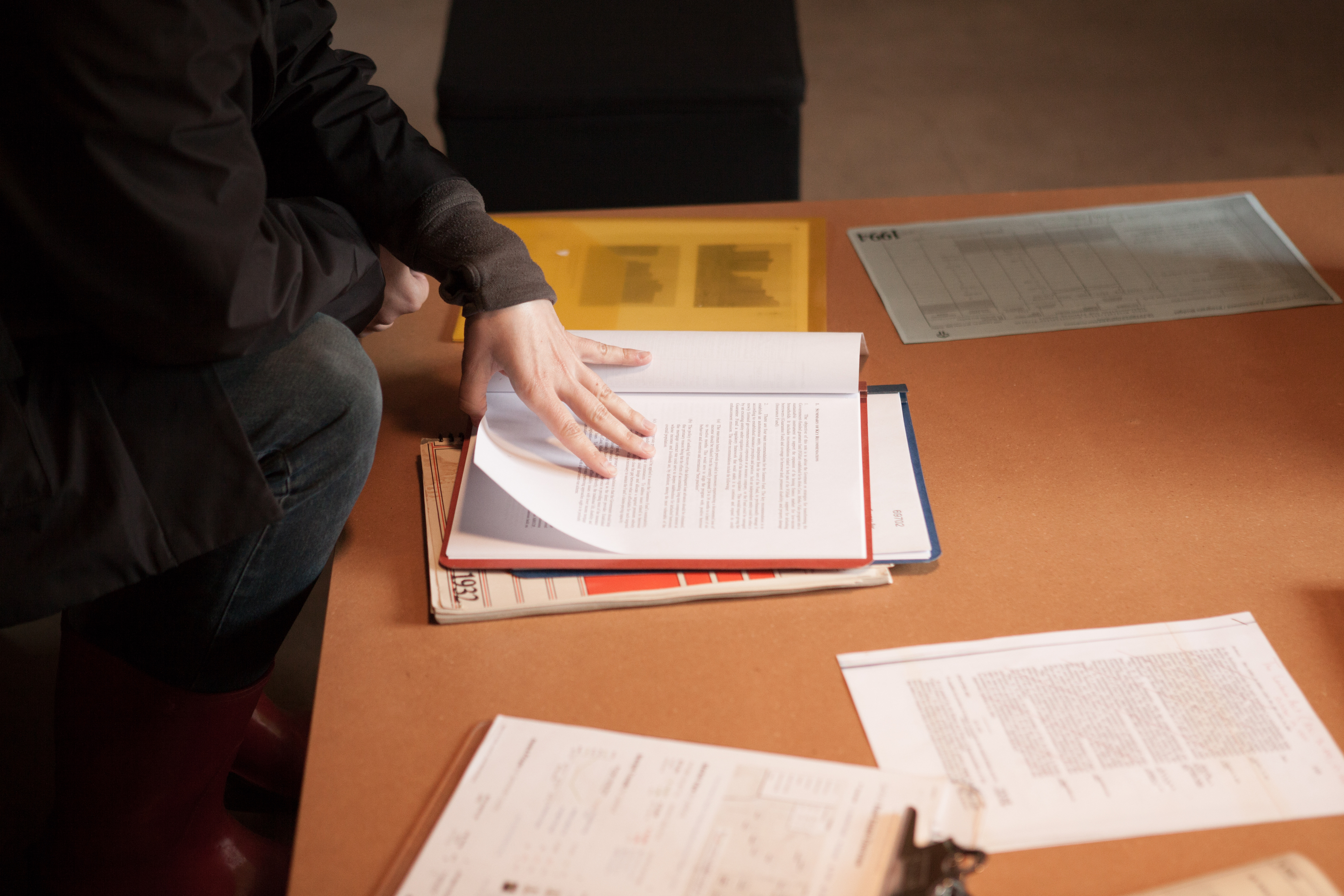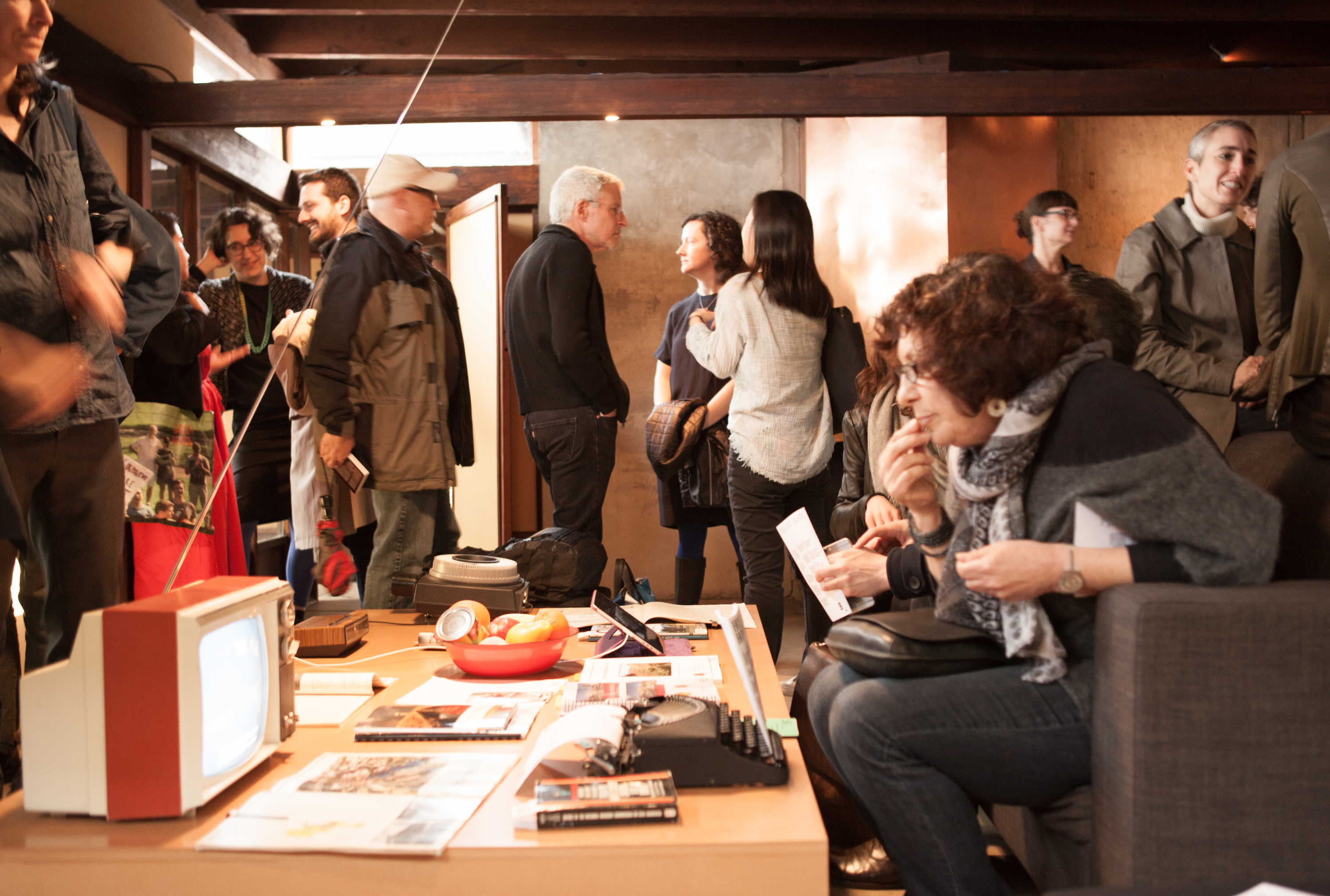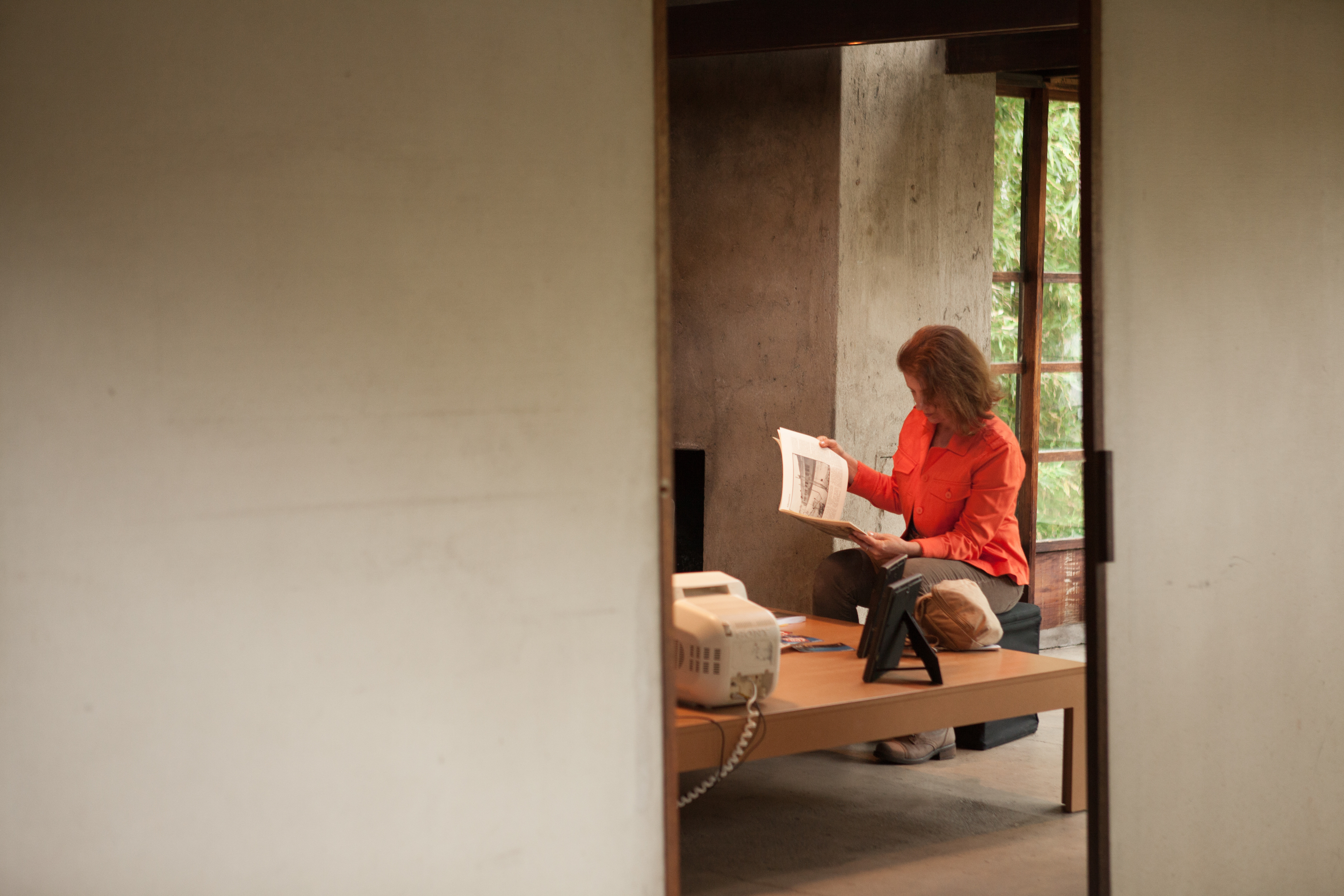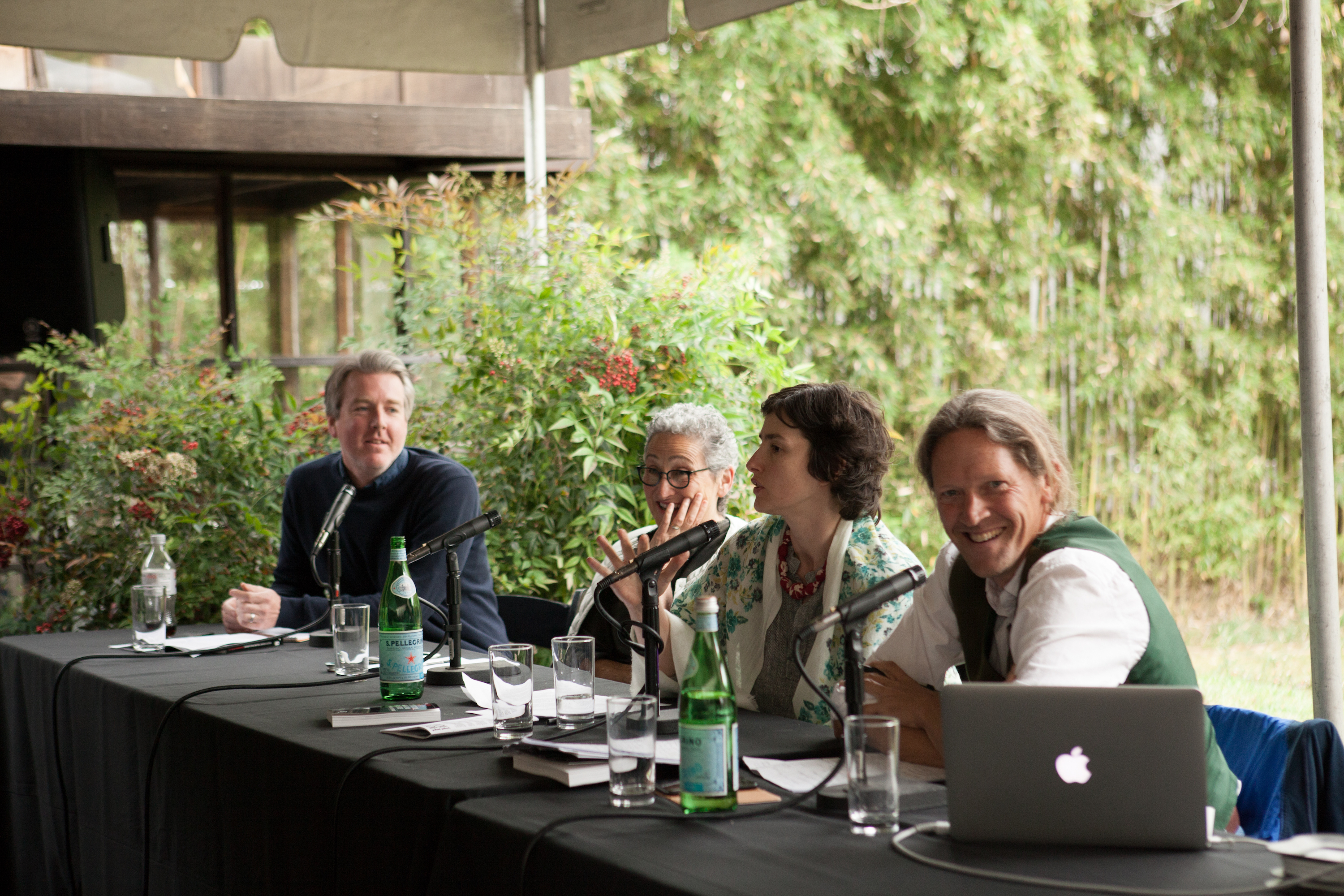
Opening Panel Discussion
April 9, 2016
MAK Center for Art and Architecture at the Schindler House, California
Considering historical and contemporary cases, MAK and the Buell Center invited Julie Eizenberg, FAIA, Founding Principal of Koning Eizenberg; Juliana Maxim, Program Director of Architecture, University of San Diego; and Andrew Wiese, Associate Professor of History, San Diego State University to discuss how we might reframe our understanding of the relationships between architecture, housing, and real estate in light of the inequalities they both produce and reflect. The conversation was moderated by Christopher Hawthorne, Architecture Critic for the Los Angeles Times. Visit the MAK Center's website for more information.
House Housing: An Untimely History of Architecture and Real Estate was a multi-year research project conducted by the Temple Hoyne Buell Center for the Study of American Architecture at Columbia University. The initiative sought to encourage a public, historically informed conversation about the intersection of architecture and real estate development. The untimeliness of this history, as indicated by the project’s title, was twofold. First, it returned us to financial matters widely discussed in the immediate aftermath of the 2008 foreclosure crisis and that only reentered the American public sphere via the 2016 campaign trail. Second, it disclosed surprising repetitions of themes, tendencies, and actions—reminding us that the economic infrastructures on which architecture rests are the outcome of such repetitions, rather than an a priori, natural ground. These infrastructures locate housing at the center of the current economic regime, with the United States as an influential node in a transnational network.
House Housing consists of a growing body of research that draws on multimedia sources. The results have appeared in numerous locations as exhibitions, panel discussions, and publications, and relate to different institutional frames. Following exhibitions in Venice during the 2014 Architecture Biennale, in 2015 at the National Public Housing Museum during the first Chicago Architecture Biennial, and as a part of the Wohnungsfrage (“The Housing Question”) project at the Haus der Kulturen der Welt in Berlin, House Housing comes to the MAK Center at the Schindler House. The artifacts assembled in the installation consider typologies ranging from architect-designed houses to prefabricated apartment blocks to suburban gated communities. All of these architectures are analyzed in light of their position at the intersection of design, policy, and finance. New narratives emerge out of surprising juxtapositions.
